夏天到了,你練出夢(mèng)寐以求的馬甲線了嗎?
最近,外媒又盯上了泡健身房的中國(guó)女性,并表示,現(xiàn)在的中國(guó)女性都已經(jīng)不追求以瘦為美了,而是開始練馬甲線。
相信你走在路上,一定被問到過一個(gè)深入靈魂的問題……
CNN也注意到了中國(guó)街頭巷尾這些推銷游泳健身的人們:

Along the streets of Beijing, flyers advertising newly built gyms are passed into everyone's hands.
在北京街頭巷尾,推銷新開健身房的傳單被塞到每個(gè)行人手中。
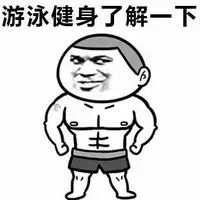
With prices ranging from 1,000 RMB to 19,000 RMB a year, salespeople are ready to explain the advantages of their gym's membership card over the competition.
銷售員競(jìng)相向人們解釋成為會(huì)員的好處,健身房會(huì)員卡的價(jià)格在每年1000元到1.9萬元之間。
文章稱,健身并非傳統(tǒng)文化的一部分,但如今,“馬甲線”已經(jīng)成為人們熱議的話題:
Exercise isn't traditionally part of Chinese culture, barring some aunties square-dancing in the park and a few tai chi practitioners on the sidelines. But that's changing now, with the hashtag #MajiaXian going viral on Weibo, China's Twitter.
傳統(tǒng)上看,除了那些在公園跳廣場(chǎng)舞的大媽和一些在旁邊練太極的人,鍛煉并非中國(guó)文化的一部分。但如今,這種狀況正在改變,“馬甲線”已成為新浪微博的熱搜話題。
Because the outline of well-toned abdominal muscles looks like a vest, Chinese call abs "majia" -- or "vest" -- and "xian" -- or "lines," and this year they have become the goal of many women's pre-summer workouts.
由于健美的腹肌輪廓形似一件背心,中國(guó)人稱之為“馬甲線”,這已經(jīng)成為很多女性今夏的健身目標(biāo)。
abdominal adj. 腹部的
看到周圍有人擁有6塊腹肌后,時(shí)裝設(shè)計(jì)師梁媛(音)開始為這個(gè)目標(biāo)健身。
She bought a gym membership as a birthday gift for herself. Friends and family members have started to call her a "fitness monster" because she goes to the gym twice a day, seven days in a row.
她給自己買了一張健身房會(huì)員卡作為生日禮物。親朋好友開始叫她“健身狂人”,因?yàn)樗刻烊ソ∩矸績(jī)纱危恢芷咛觳煌P?/p>
"I have done something I didn't even dare to dream in the past, and now I achieved something I thought I was unable to do."
她說:“我完成了過去想都不敢想的事,實(shí)現(xiàn)了曾以為難以企及的目標(biāo)。”
"I want to challenge myself," she added.
她補(bǔ)充說:“我想要挑戰(zhàn)自己。”
過去,“以瘦為美”是不少中國(guó)女性追求的目標(biāo),有時(shí)候這樣的目標(biāo)卻會(huì)使得女性走向極端,對(duì)健康和自尊都造成影響。
Hou Shiyao, CEO of a new women-only gym called Fit 4 Life in Beijing, said that most of the women who come to her studio aim to lose weight from the start. "They want to be like a skeleton or a piece of paper."
北京一家新成立的女性健身房Fit 4 Life的首席執(zhí)行官侯詩(shī)瑤說,一開始大部分女性來健身是想減肥,“她們希望看起來骨感或瘦成一張紙。”
很多時(shí)尚潮流都證實(shí)了這種迷戀(attest to this obsession)。
The A4 social media challenge in 2017 featured women posting pictures of themselves covering their waists with an A4 sheet of paper.
2017年,“A4腰”挑戰(zhàn)在中國(guó)的社交媒體上一度風(fēng)靡,女性紛紛上傳自己用一張A4紙遮住腰部的照片。
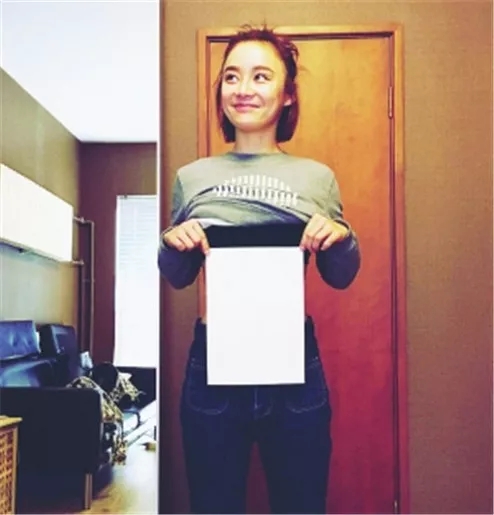
最先發(fā)起“A4腰挑戰(zhàn)”的袁姍姍 資料圖
還有著名的反手摸肚臍:
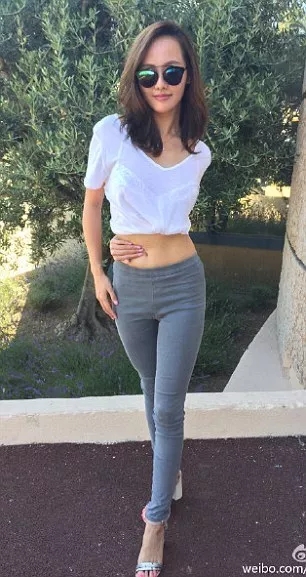
鎖骨放硬幣:
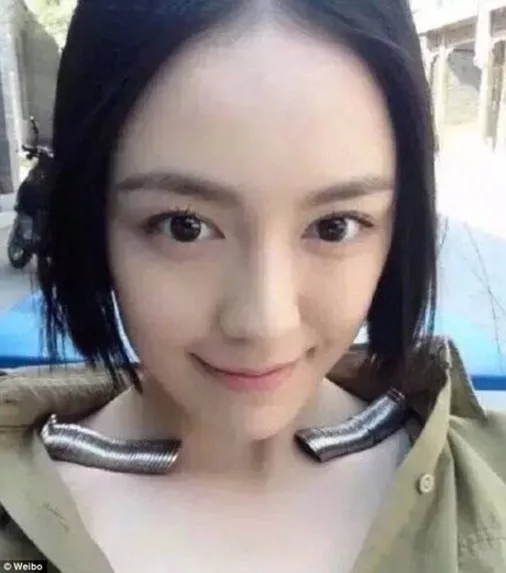
以及之后的i6腿……
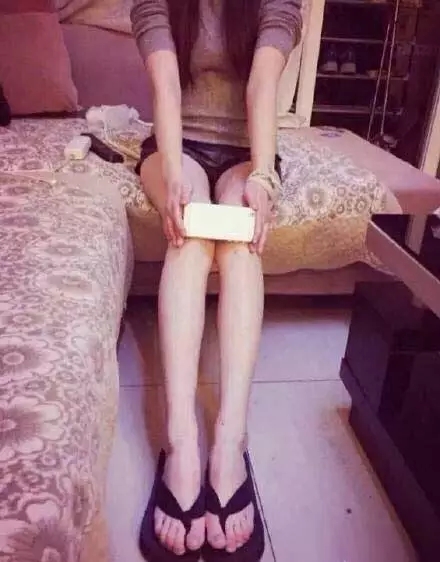
但現(xiàn)如今,這樣的情況有了很大的改觀。對(duì)一些中國(guó)女性來說,去健身房的初衷已改變,因?yàn)樗齻儼l(fā)現(xiàn)體形能通過增肌而非減重來塑造。
Many workout-obsessed women are increasingly realizing that no matter how hard they try, they won't be supermodels, and acknowledging that physiques can vary due to a number of factors. This is an important step on their path to self-acceptance.
許多熱衷于健身的女性越發(fā)意識(shí)到,無論如何努力自己都不會(huì)成為超模,個(gè)人體形因人而異,取決于多種因素。這是她們?cè)谧晕医邮艿穆飞咸こ龅年P(guān)鍵一步。
For many, the aim of losing weight has transformed into the desire to be the best version of themselves.
許多人的減肥目的已轉(zhuǎn)變?yōu)槌蔀椤白詈玫淖约骸薄?/p>
侯詩(shī)瑤說:
"Eventually, you will accept who you are and live peacefully with your disadvantages," Hou said.
“最終,你將接受自身并與你的缺點(diǎn)和平相處。”
(來源:中國(guó)日?qǐng)?bào)雙語(yǔ)新聞編輯部)
